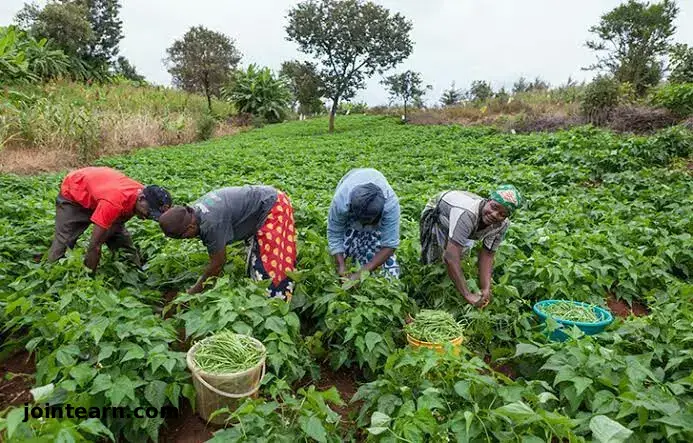
Farmers across Delta, Bayelsa, and Edo states are facing significant losses as the prices of staple foods like rice and cassava have plummeted, a situation many attribute to the Federal Government’s food import policy combined with lingering structural challenges.
The Rice Farmers Association of Nigeria (RIFAN) Delta State Chairman, Mr. Sylvanus Ejezie, said many farmers who took loans to expand their farms are now unable to repay them. A 50kg bag of locally produced rice that previously sold for N75,000–N80,000 now goes for N55,000–N57,000. Rising input costs for fertilisers and other essentials have worsened the financial strain.
Cassava farmers have reported similar challenges. Mrs. Awele Okocha of Delta said garri prices have dropped to as low as N6,000 per bag, forcing her to temporarily abandon processing and switch to other sources of income.
In Bayelsa, experts cite poor infrastructure, flooding, and insecurity as additional threats to productivity, while Edo farmers point to high fuel costs, insecurity, and lack of inputs as ongoing obstacles.
Officials in Bayelsa and Edo states have highlighted government interventions, such as training programs, equipment donations, and partnerships for farm equipment assembly, but farmers insist more consistent support is needed, including subsidized fertilisers, affordable credit, price stabilisation mechanisms, and rural infrastructure improvements.
Economists warn that the current price crash, coupled with high input costs, may discourage farming in 2026, potentially leading to reduced production, shortages, and rising prices in the future.
Mr. Ejezie summed it up: “Without deliberate government action to stabilise prices and support farmers, many will exit the business, and the country risks another cycle of scarcity and inflation.”


Leave a Reply